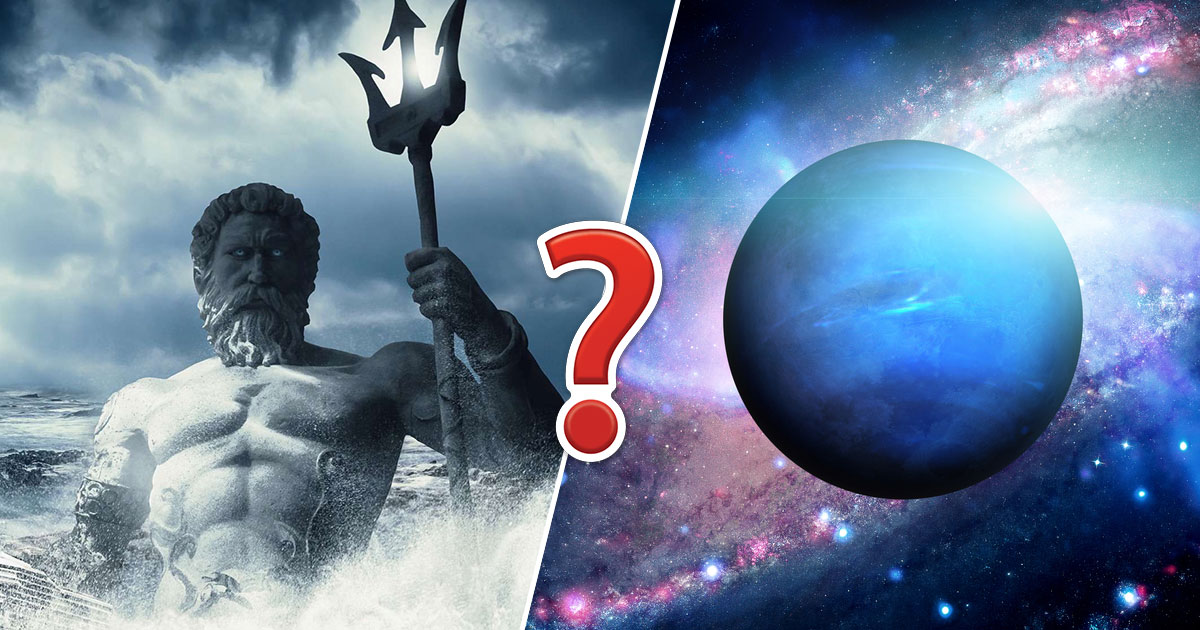
The Connection Between Planets and Mythology
Do you find yourself intrigued by the vast expanse of the universe, where planets traverse the cosmic canvas? Or perhaps, your curiosity is piqued by the timeless tales of gods, goddesses, and mythical creatures that have been woven into the fabric of human history?
If you're drawn to both of these captivating realms, you're in for a treat. Our "Planets and Mythology" quiz will take you on a journey through the fascinating intersection of these two worlds, unlocking the secrets and stories that lie at the heart of our universe.
Mythology: Tales of Gods and Heroes
The world of mythology is a rich tapestry of stories that have been passed down through generations, encompassing a wide array of cultures and civilizations. These myths often revolve around gods, goddesses, heroes, and monsters, and they serve as a window into the beliefs, values, and fears of the societies that created them.
Greek Mythology: The ancient Greeks had a pantheon of gods and goddesses, with figures like Zeus, Hera, Poseidon, and Athena, each associated with different aspects of life and the natural world.
Roman Mythology: Heavily influenced by Greek mythology, Roman mythology featured their counterparts to the Greek gods, such as Jupiter (Zeus) and Neptune (Poseidon).
Norse Mythology: Norse mythology introduced us to gods like Odin, Thor, and Loki, and their epic battles and adventures.
Egyptian Mythology: The ancient Egyptians worshiped deities like Ra, Isis, and Osiris, tying their beliefs to the sun, the afterlife, and the Nile River.
Hindu Mythology: Hinduism's vast array of gods and goddesses, including Brahma, Vishnu, and Shiva, are deeply connected to concepts of creation, preservation, and destruction.
Native American Mythology: The diverse indigenous cultures of North and South America offer a wealth of mythological stories, often linked to nature and the spirits of animals.
Planets: The Cosmic Wonders
Before we delve into the enchanting connection between planets and mythology, let's first take a moment to appreciate the celestial marvels themselves. Planets, those enigmatic objects that orbit stars like our Sun, have long been a source of awe and wonder for humanity. Our solar system is home to eight primary planets, each with its unique characteristics and mysteries.
Mercury: The swiftest and closest to the Sun, Mercury's rapid orbit is a marvel of the solar system.
Venus: Shrouded in thick clouds and known as the "Morning Star" or "Evening Star," Venus's atmosphere conceals captivating secrets.
Earth: Our own planet, teeming with life, is a remarkable oasis in the vastness of space.
Mars: Known as the "Red Planet," Mars has captivated us with its potential for exploration and its mysterious surface features.
Jupiter: As the largest planet in our solar system, Jupiter's immense size and swirling storms continue to astonish.
Saturn: Famous for its stunning ring system, Saturn's breathtaking beauty is a celestial wonder to behold.
Uranus: With its peculiar sideways rotation, Uranus challenges our understanding of planetary dynamics.
Neptune: Named after the Roman god of the sea, Neptune's deep blue hue is a testament to the mysteries of the outer solar system.
These celestial bodies have played a central role in shaping human understanding of the cosmos, often influencing the mythologies of different civilizations.
Planets and Mythology: The Connection
Now, you may be wondering, what's the connection between these two seemingly distinct domains of planets and mythology? The link lies in the way ancient civilizations, who gazed upon the same night sky we do today, found inspiration in the celestial bodies above. The planets, with their predictable movements and their associations with specific gods and goddesses, became integral to the mythologies of these cultures.
Consider the example of the planet Venus, often referred to as the "Morning Star" or the "Evening Star" due to its brightness and visibility just before sunrise or after sunset. Venus is closely linked to love and beauty, much like the Roman goddess Venus herself. The planet Mars, with its reddish appearance, has inspired tales of war and conflict, echoing the attributes of the Roman god Mars, who was associated with battle.
Across various mythologies, planets like Jupiter, Saturn, and Mercury have been identified with their respective deities, influencing the stories and beliefs of ancient civilizations. This connection between the celestial and the divine is a testament to the profound impact the night sky has had on human imagination and spirituality throughout history.
Play the Planets and Mythology Quiz
As we've uncovered this enthralling interplay between planets and mythology, it's time to put your knowledge to the test with our "Planets and Mythology" quiz. This fun quiz will challenge your understanding of the connections and stories that bind these two realms together. You'll explore the tales of gods and heroes associated with each planet and gain a deeper appreciation of the cosmic wonders that have shaped our world.
Our quiz is not just a fun and educational game; it's an opportunity to delve into the mysteries of the universe and the captivating stories that have endured through time. So, if you're ready to embark on this celestial journey and test your knowledge, get ready to connect the dots between the stars and the myths in a way that will leave you enlightened and entertained.
Enjoy Quizly? Upgrade to Premium for an ad-free experience and exclusive features.
Get PremiumPlanets And Mythology Quiz Questions
In Roman mythology, I'm the king of the gods and the ruler of Mount Olympus. I'm also the largest planet in our solar system. Who am I?
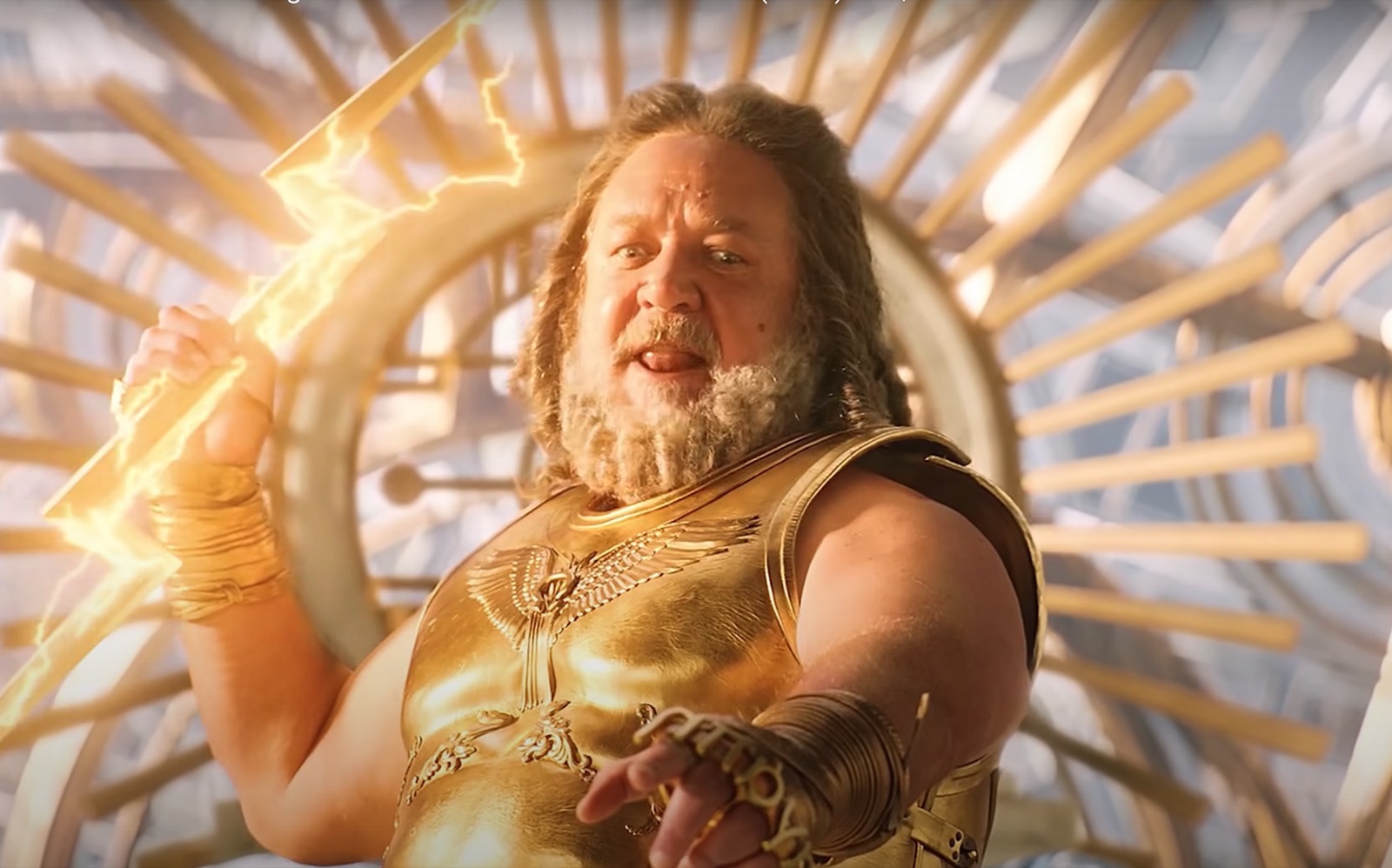
Neptune
Mars
Uranus
Jupiter
I'm the smallest of the eight planets and often associated with the Greek messenger god. My surface temperature varies dramatically. What's my name?

Mercury
Mars
Earth
Venus
I'm a prominent constellation in the northern hemisphere sky, often depicted as a winged horse. Who am I?
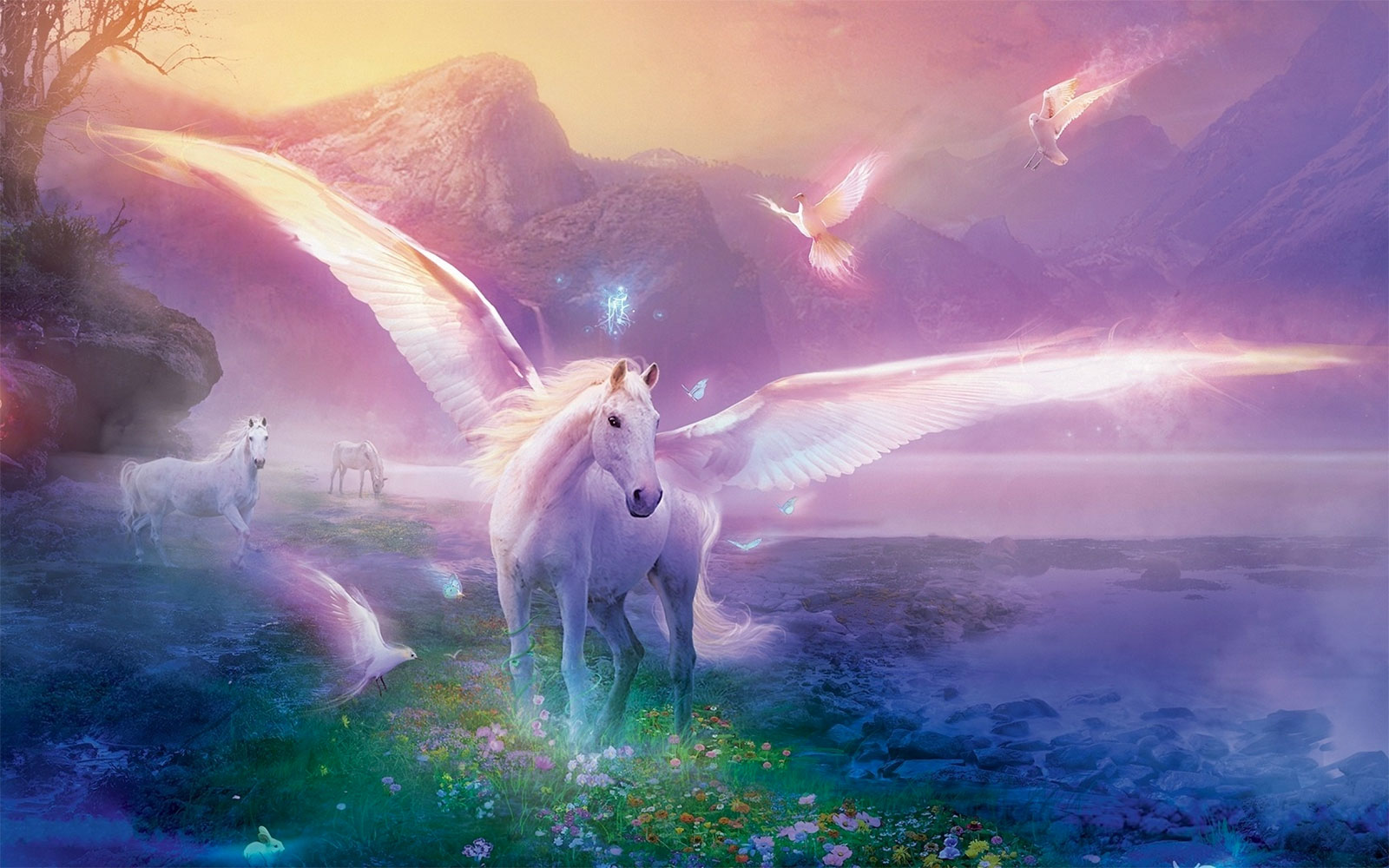
Orion
Cygnus
Ursa Major
Pegasus
I'm the farthest planet from the Sun and named after the Roman god of the sea. My striking blue appearance is due to methane in my atmosphere. What celestial body am I?
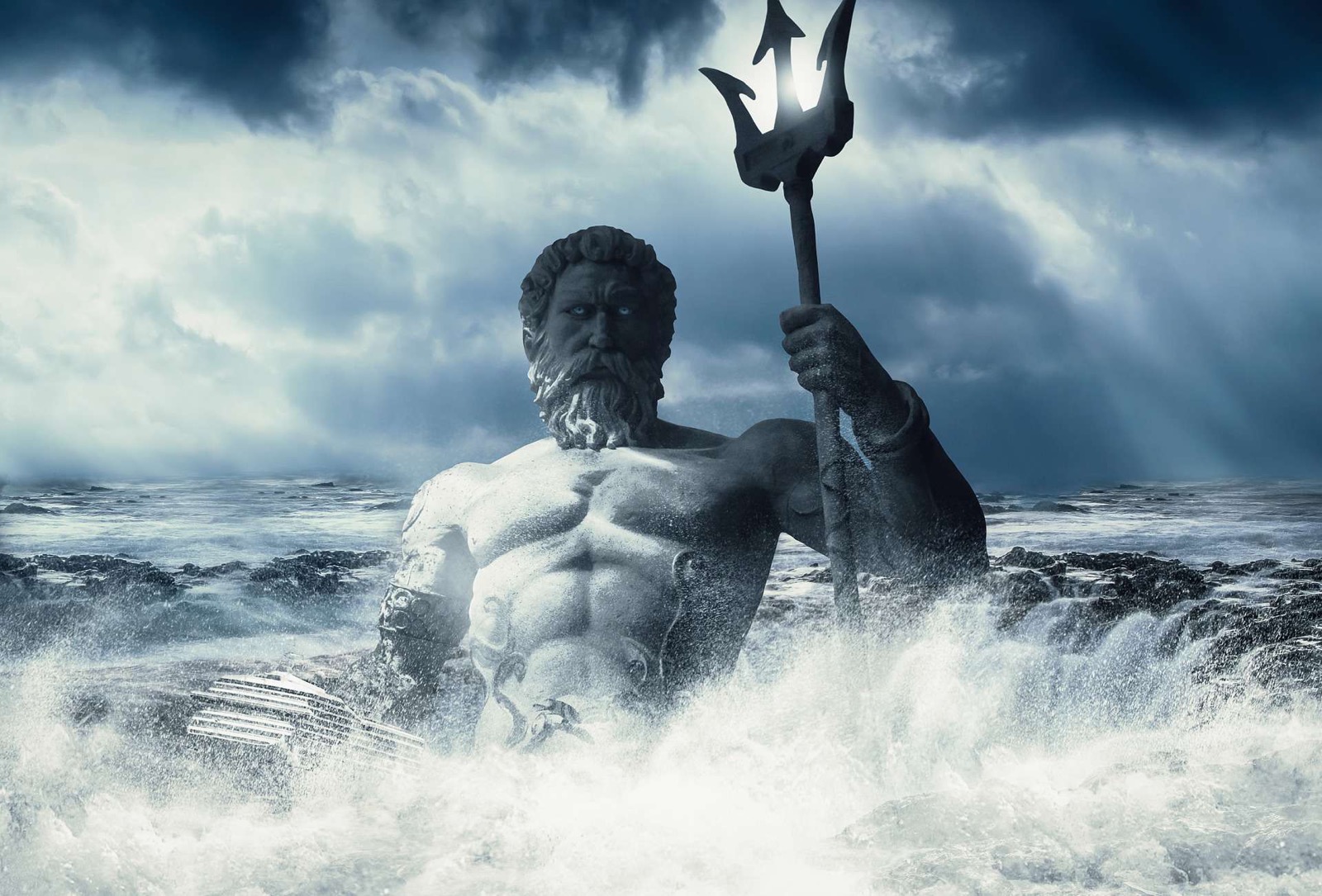
Neptune
Saturn
Uranus
Pluto
I bear the name of the Roman goddess of love and beauty. My brilliant appearance is due to a reflective atmosphere filled with sulfuric acid droplets. Who am I?
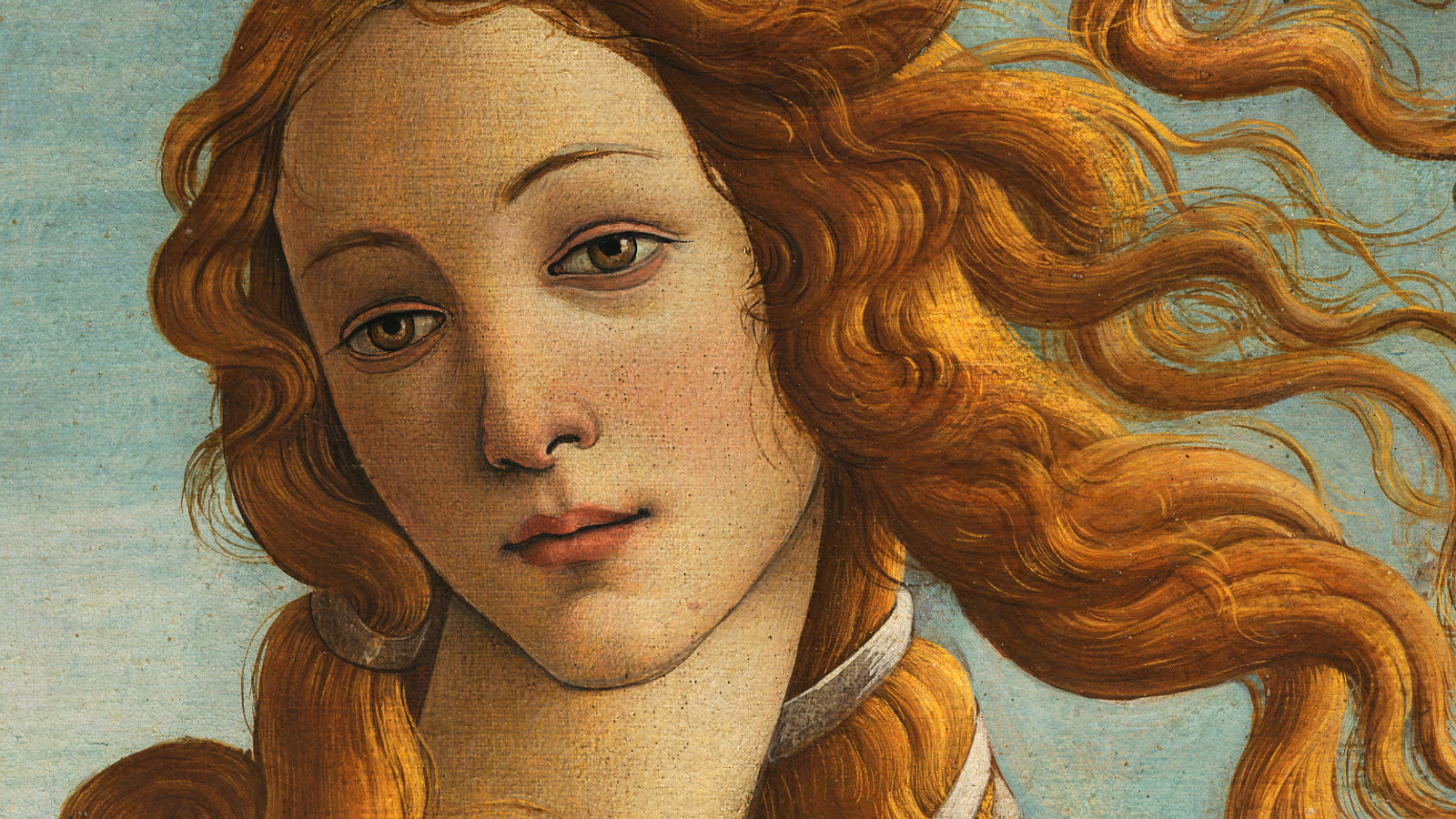
Mars
Saturn
Venus
Uranus
I am the largest moon of Saturn and share my name with an entity from Greek mythology. I'm known for my intriguing surface with liquid methane lakes. What celestial object am I?
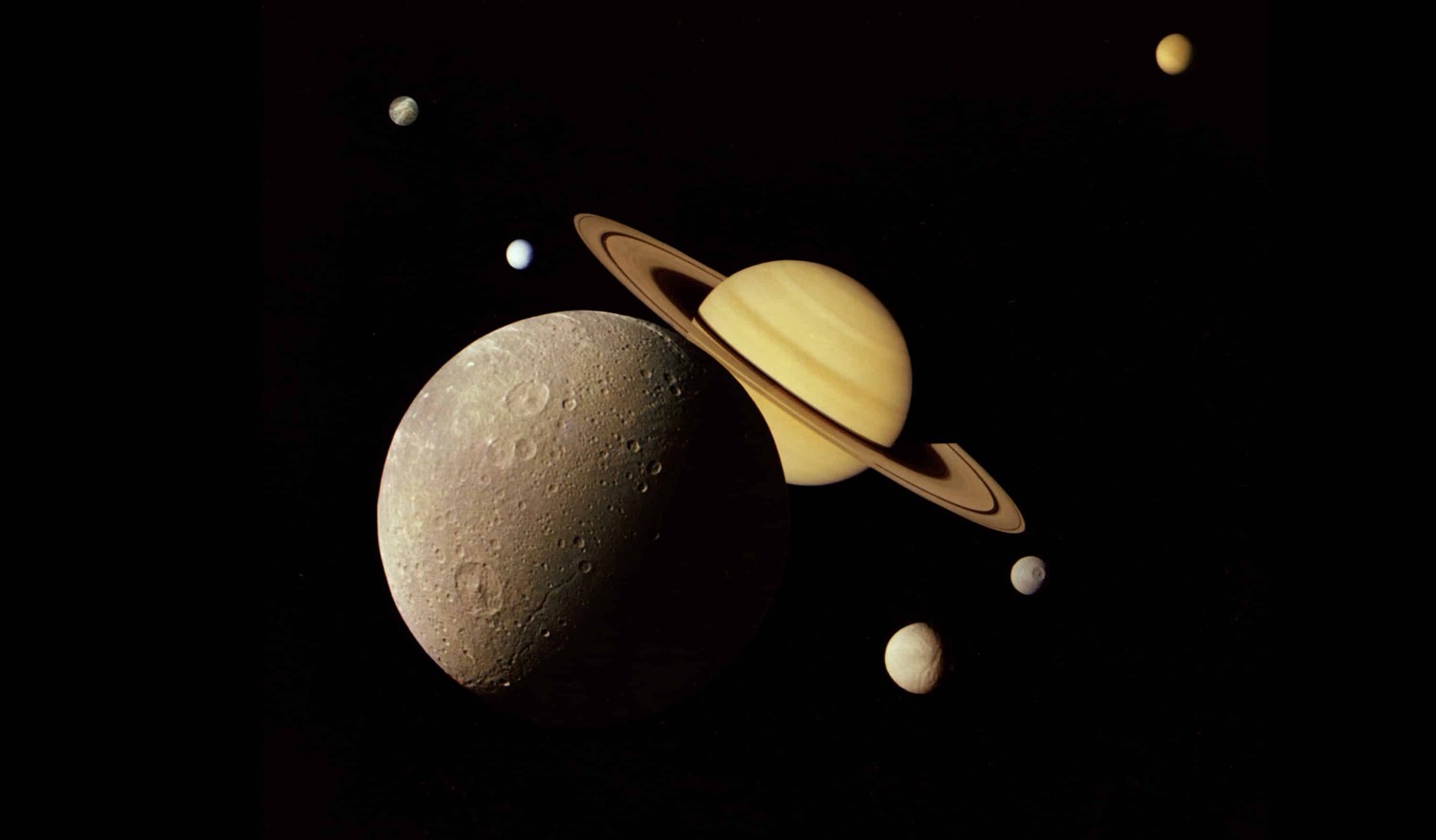
Callisto
Titan
Ganymede
Io
I'm the largest object in the asteroid belt between Mars and Jupiter and considered a dwarf planet. My name comes from the Roman goddess of agriculture. Who am I?
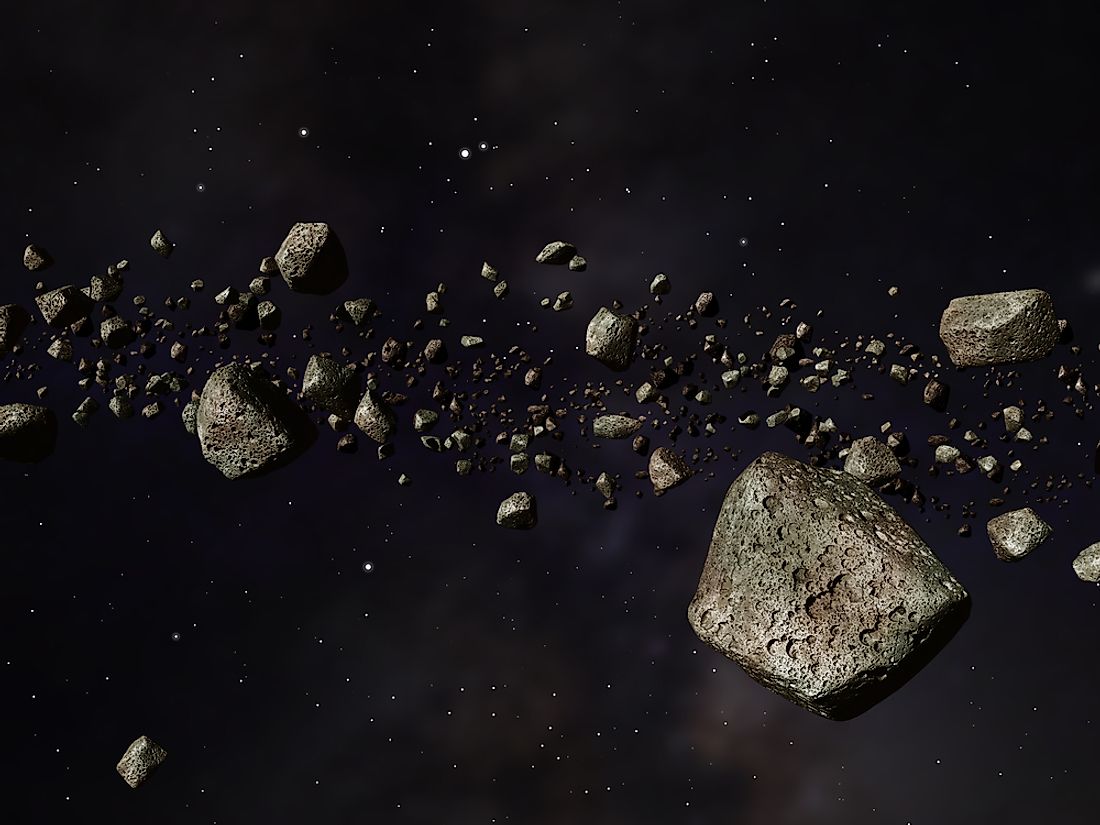
Vesta
Pallas
Juno
Ceres
I'm the red planet, often associated with the Roman god of war. My surface is marked by vast canyons and the largest volcano in the solar system. What am I?
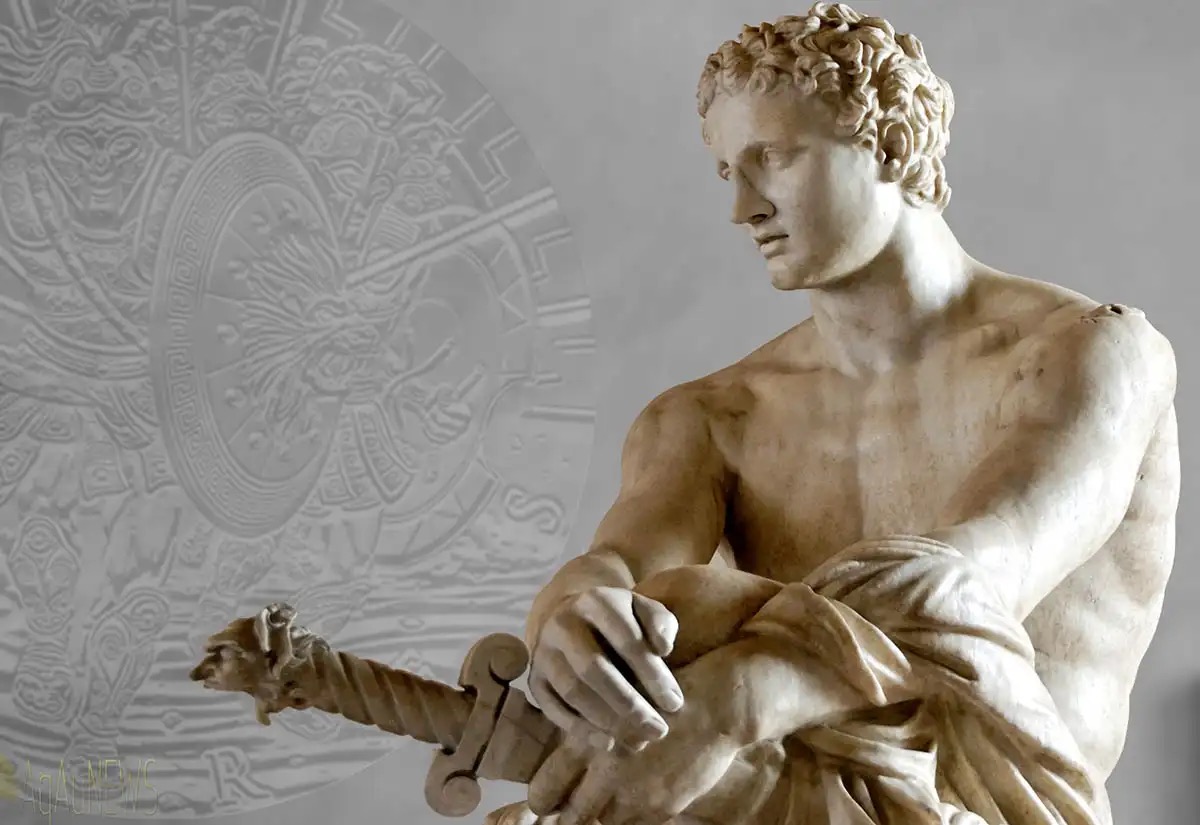
Saturn
Venus
Mars
Jupiter
I'm one of the two small moons of Mars and share my name with the Greek god of fear. I'm also one of the least reflective objects in the solar system. What's my name?
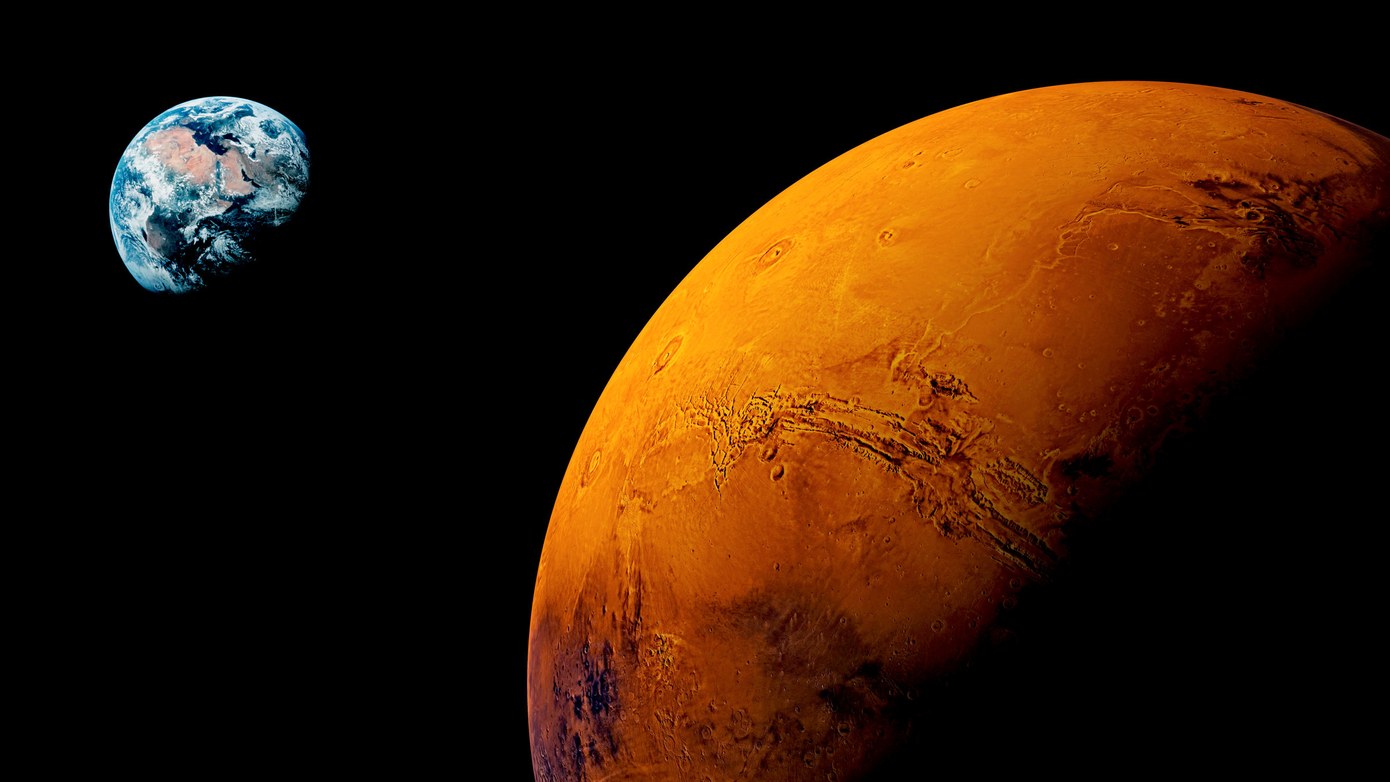
Deimos
Ganymede
Phobos
Titan
I'm one of the four largest moons of Jupiter and known for my intense volcanic activity. My namesake was a priestess of Hera who was loved by Zeus in Greek mythology. Who am I?
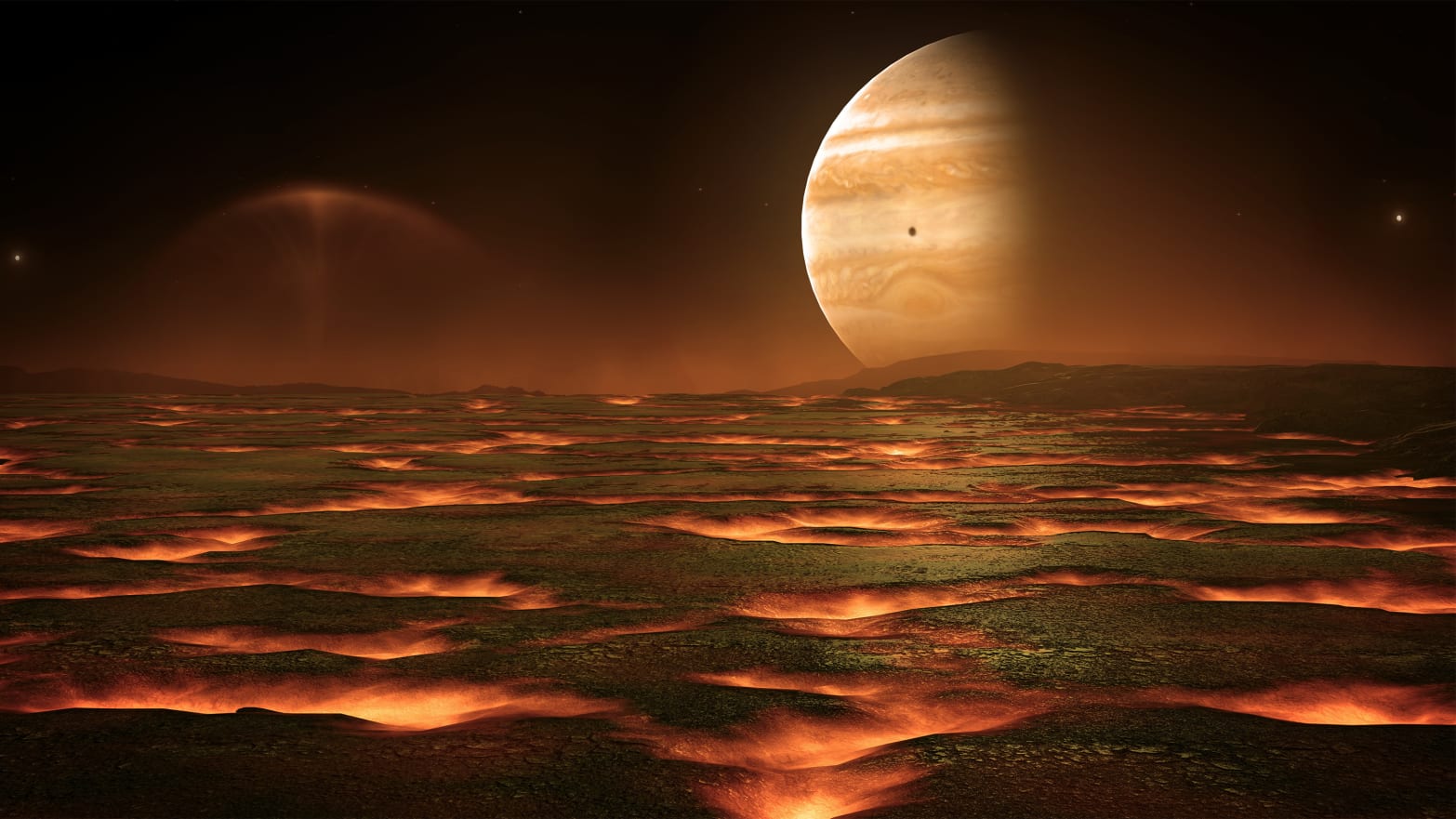
Io
Europa
Ganymede
Callisto
I'm one of Saturn's moons and named after a Titan from Greek mythology. My surface is heavily cratered, and I'm the second-largest moon of Saturn. What's my name?
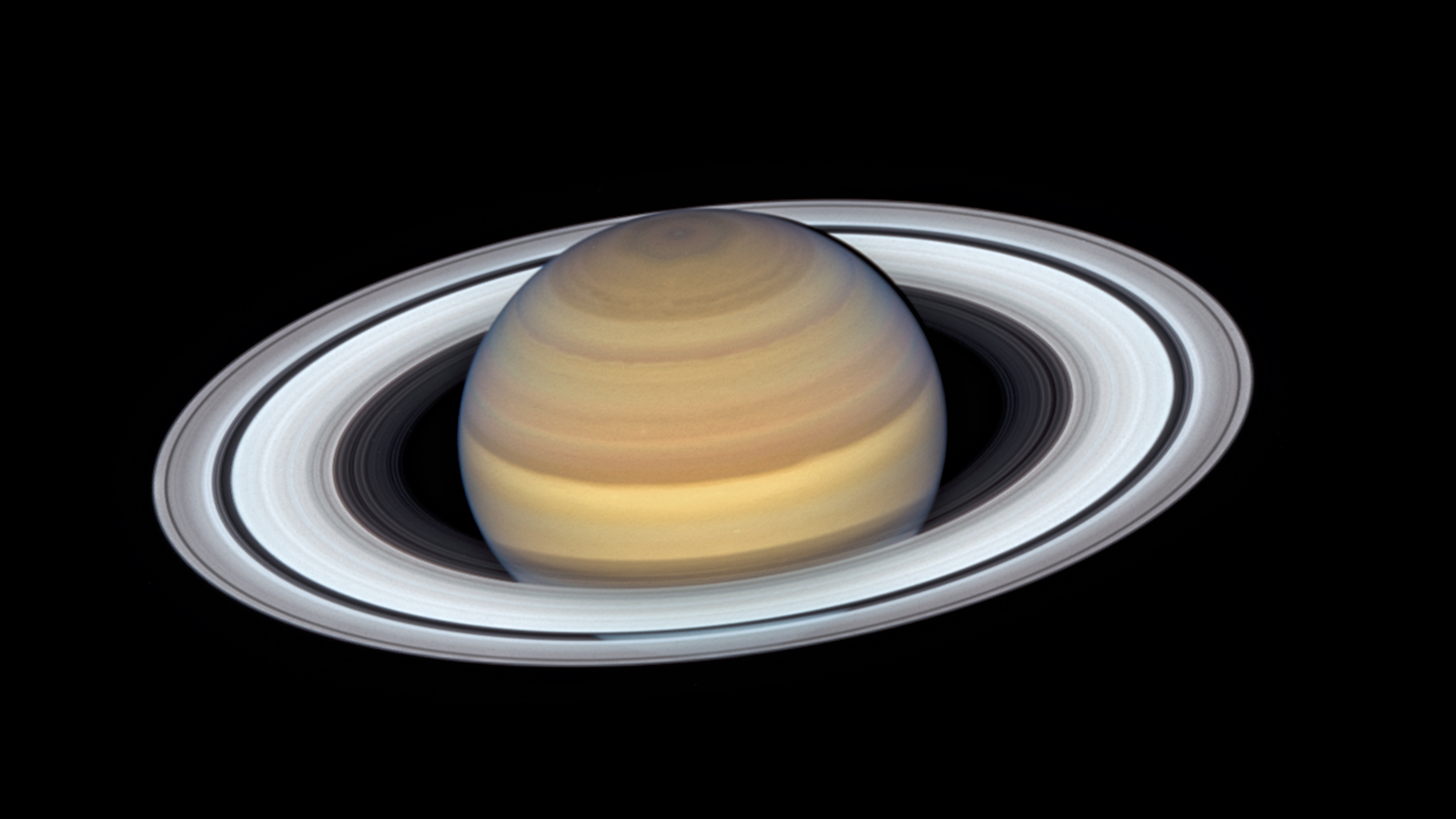
Tethys
Mimas
Rhea
Enceladus
I'm a dwarf planet in the Kuiper Belt and named after the Roman god of the underworld. My discovery led to Pluto's reclassification. Who am I?
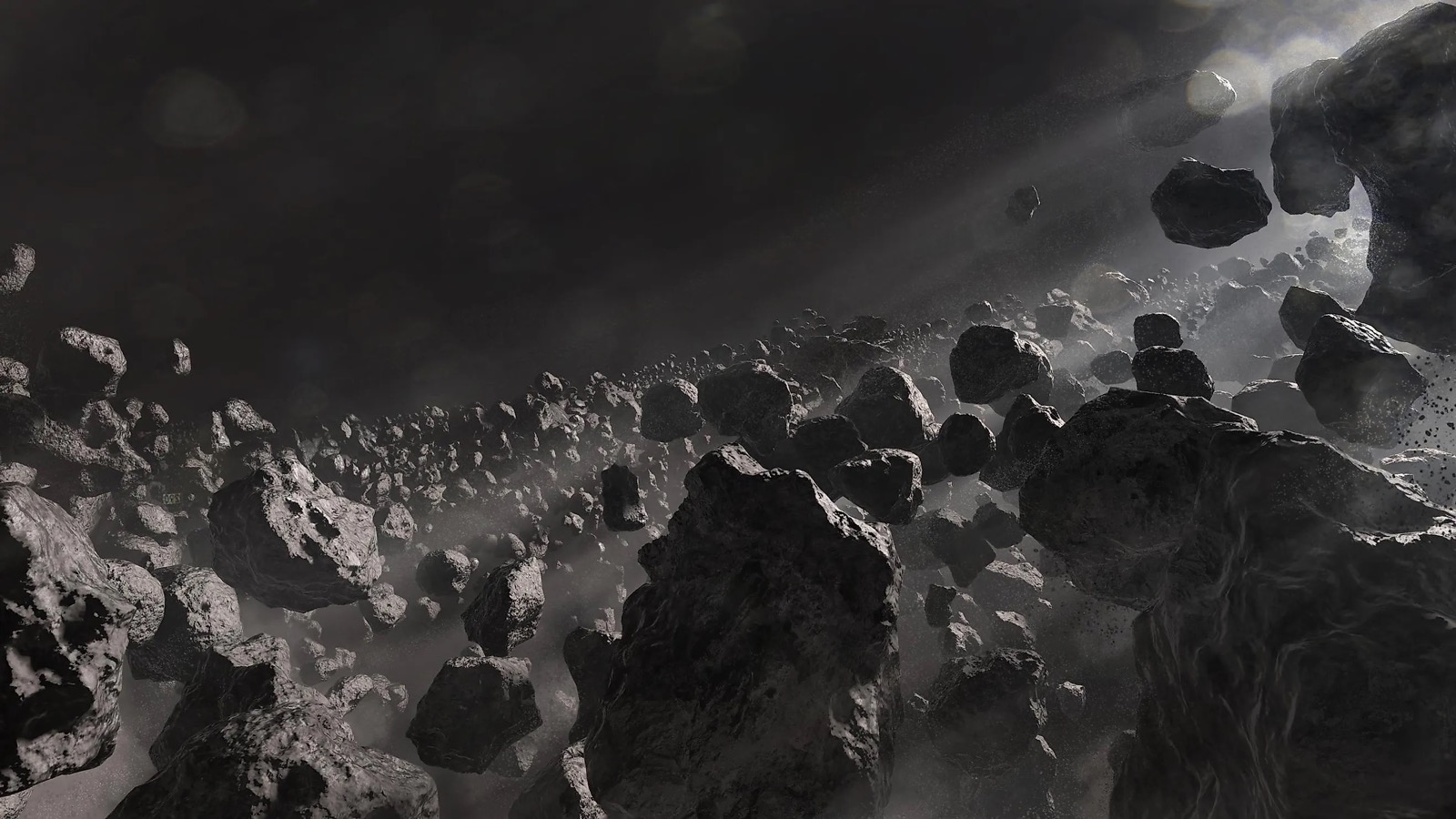
Haumea
Eris
Pluto
Makemake
Here's the halfway point of the quiz! I'm one of the Galilean moons of Jupiter and share my name with a beautiful Phoenician princess. What's my name?
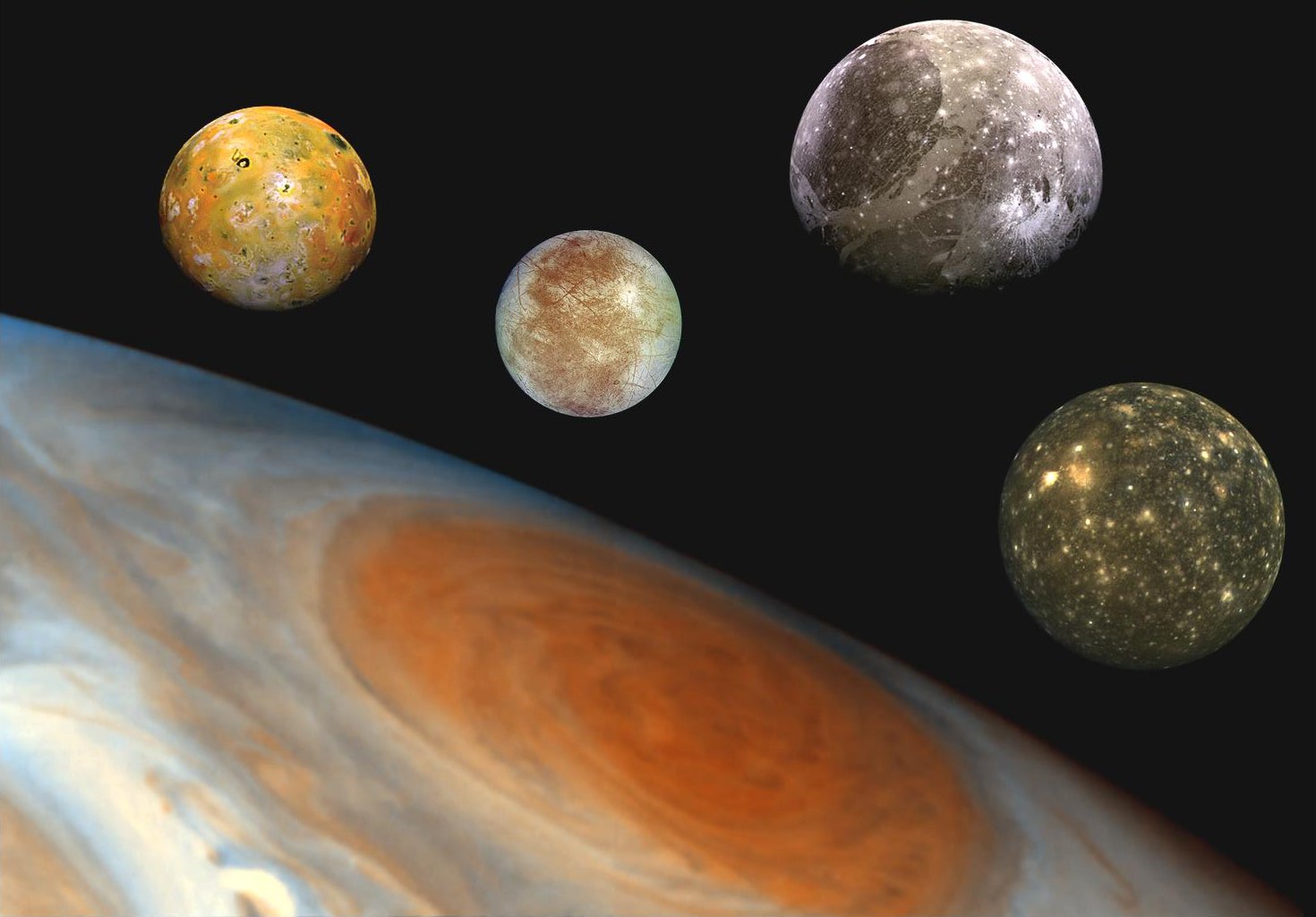
Io
Europa
Ganymede
Callisto
I'm a massive planet known for its spectacular ring system, and my name is linked to the Roman god of wealth and agriculture. Who am I?
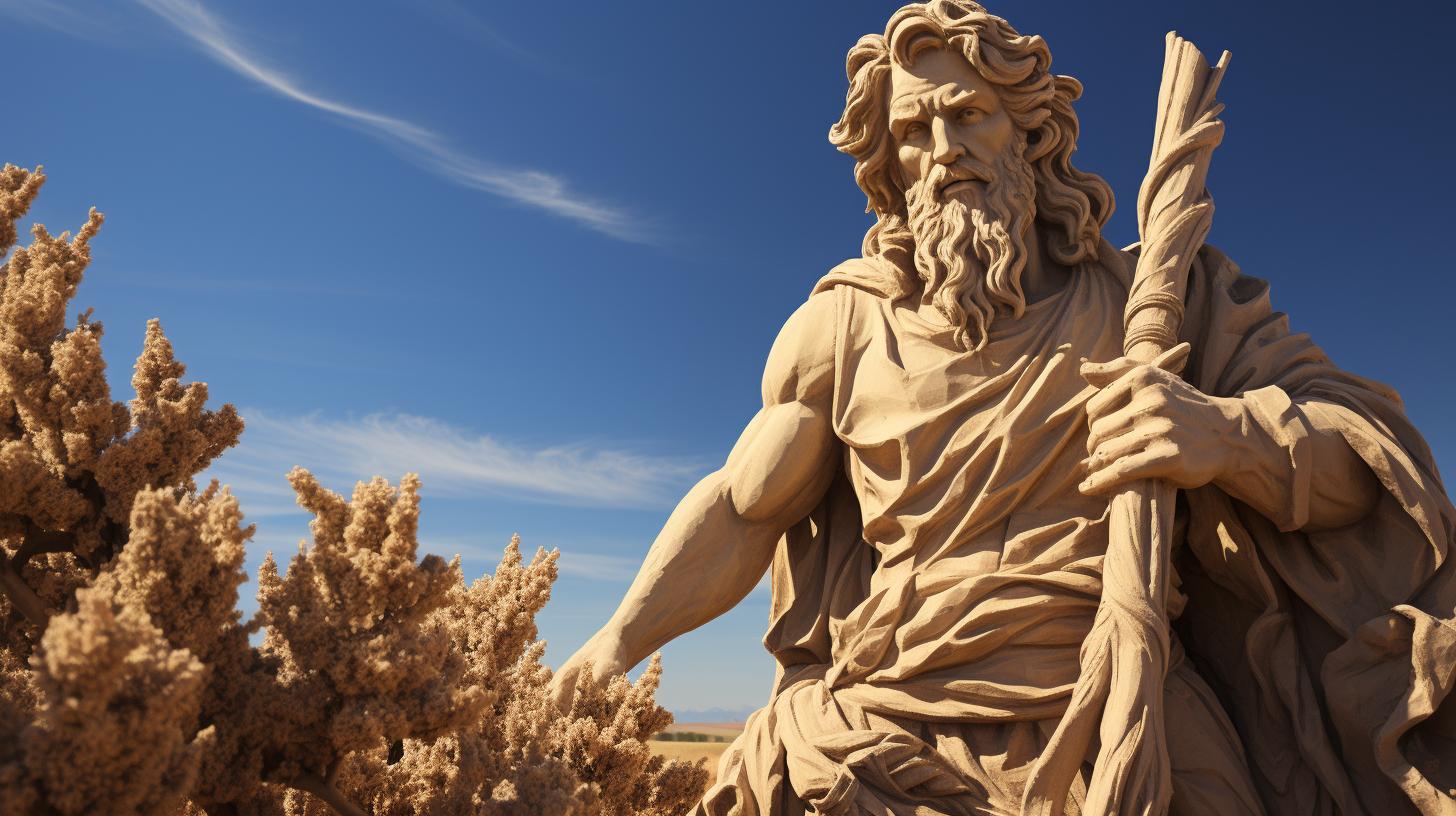
Neptune
Saturn
Haumea
Uranus
I'm a famous constellation known for representing a hunter in Greek mythology, often depicted with a belt and a sword. What's my name?
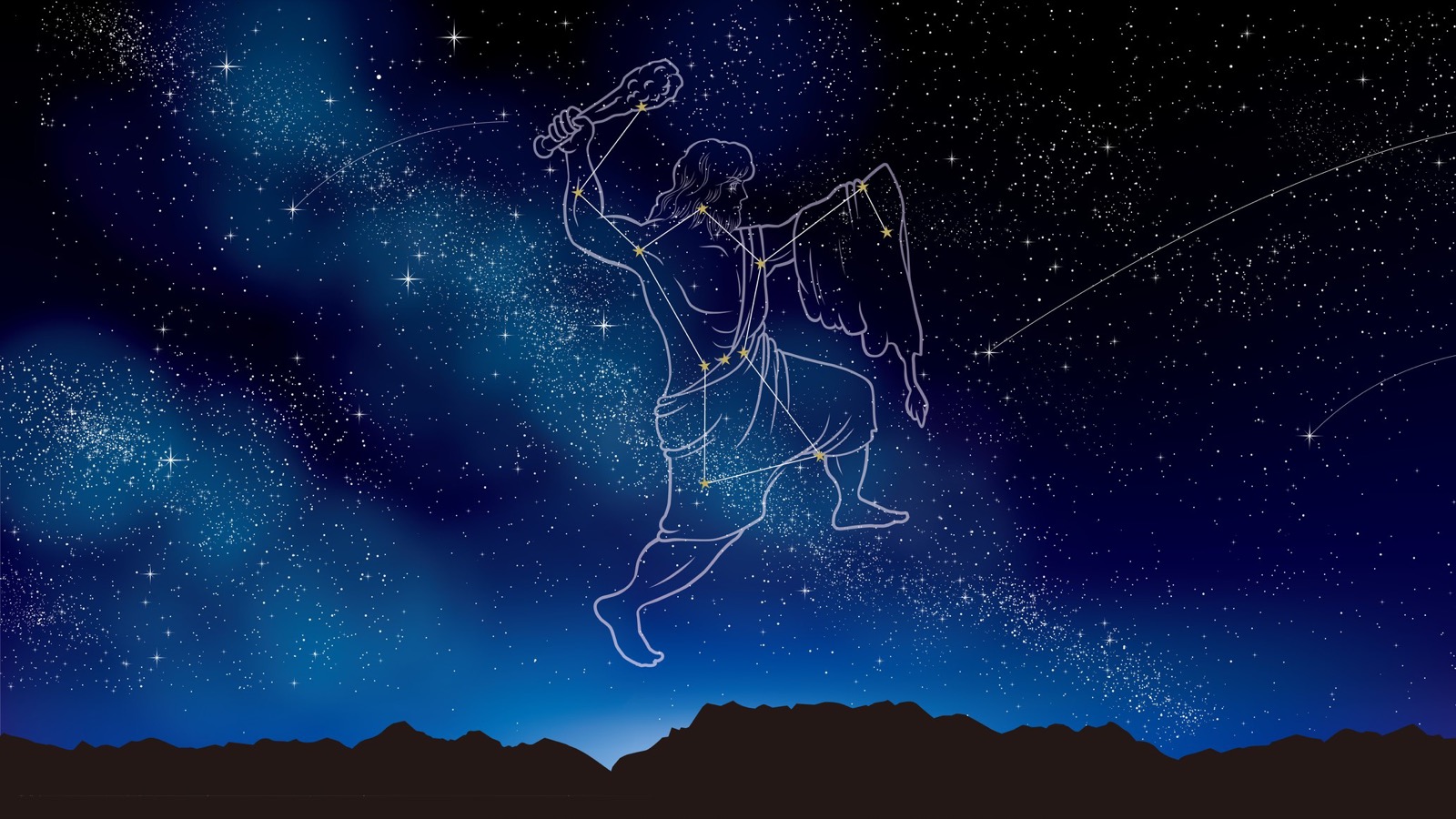
Lyra
Orion
Ursa Minor
Gemini
I'm a moon of Saturn, and my name comes from a giant in Greek mythology who holds up the heavens. What celestial body am I?
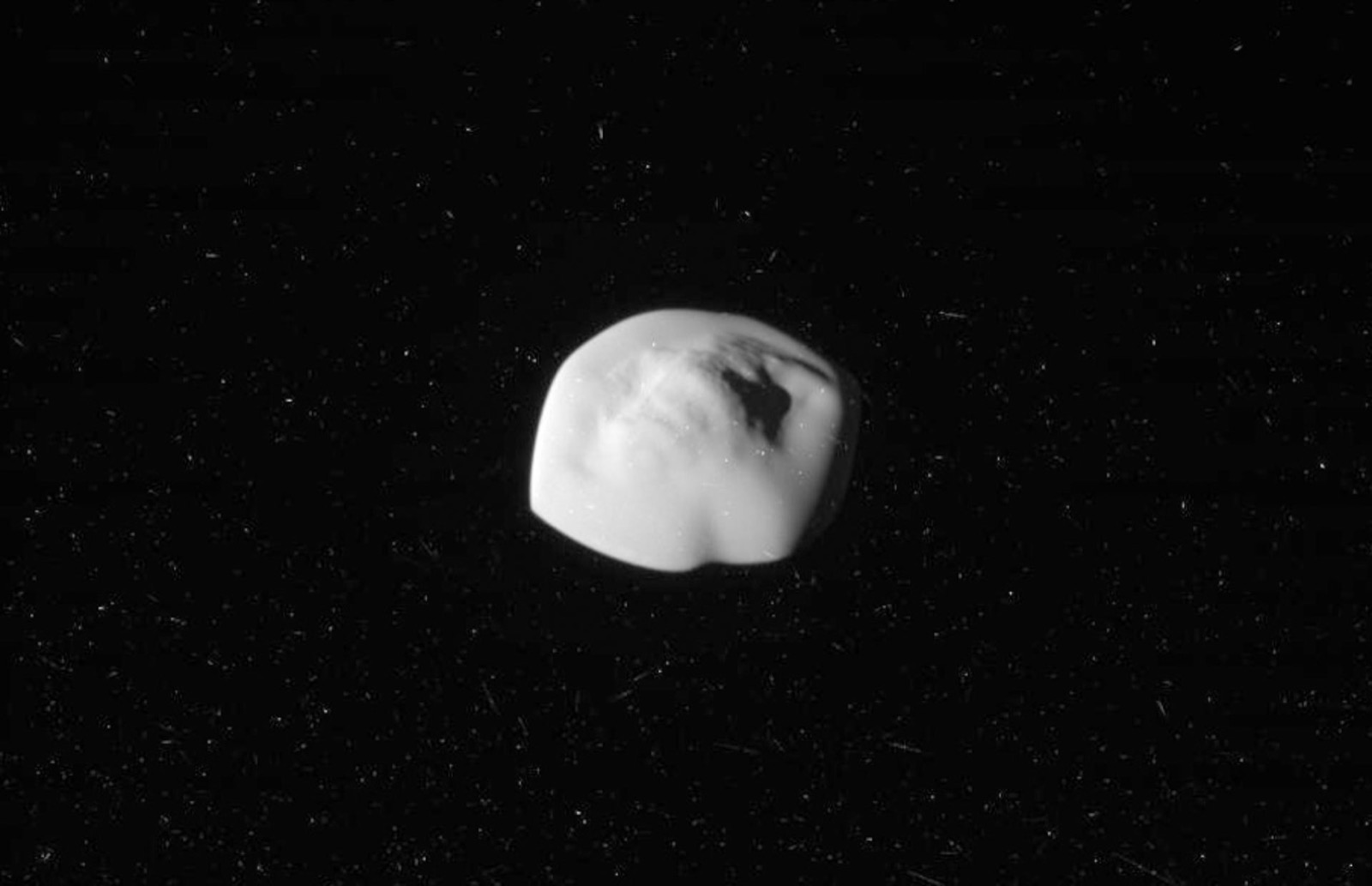
Prometheus
Atlas
Pan
Epimetheus
I'm the largest moon of Neptune and share my name with a Greek sea god. I have a retrograde orbit. Who am I?
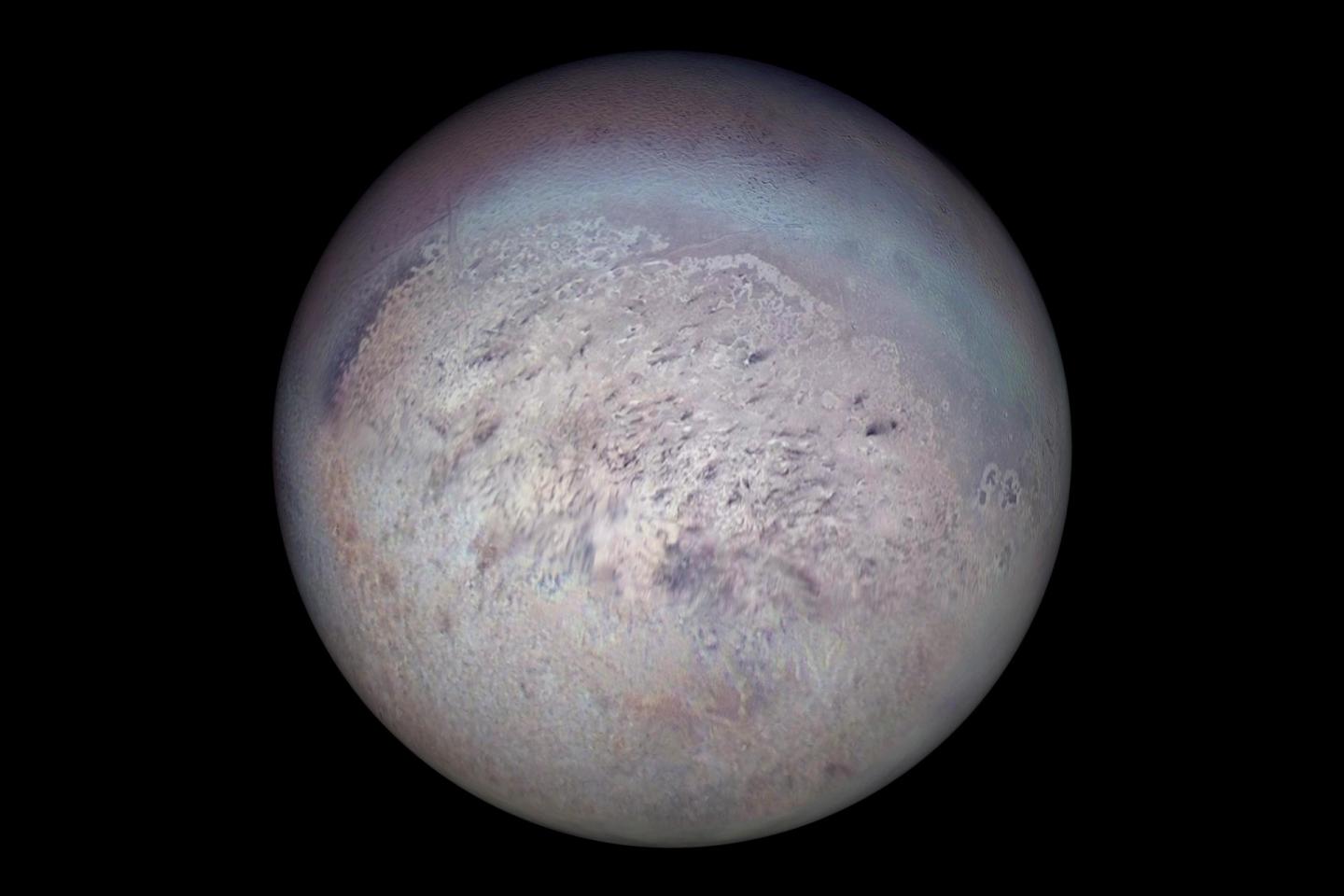
Triton
Nereid
Galatea
Proteus
I'm a moon of Saturn and share my name with the Titan who brought fire to humanity in Greek mythology. What celestial object am I?
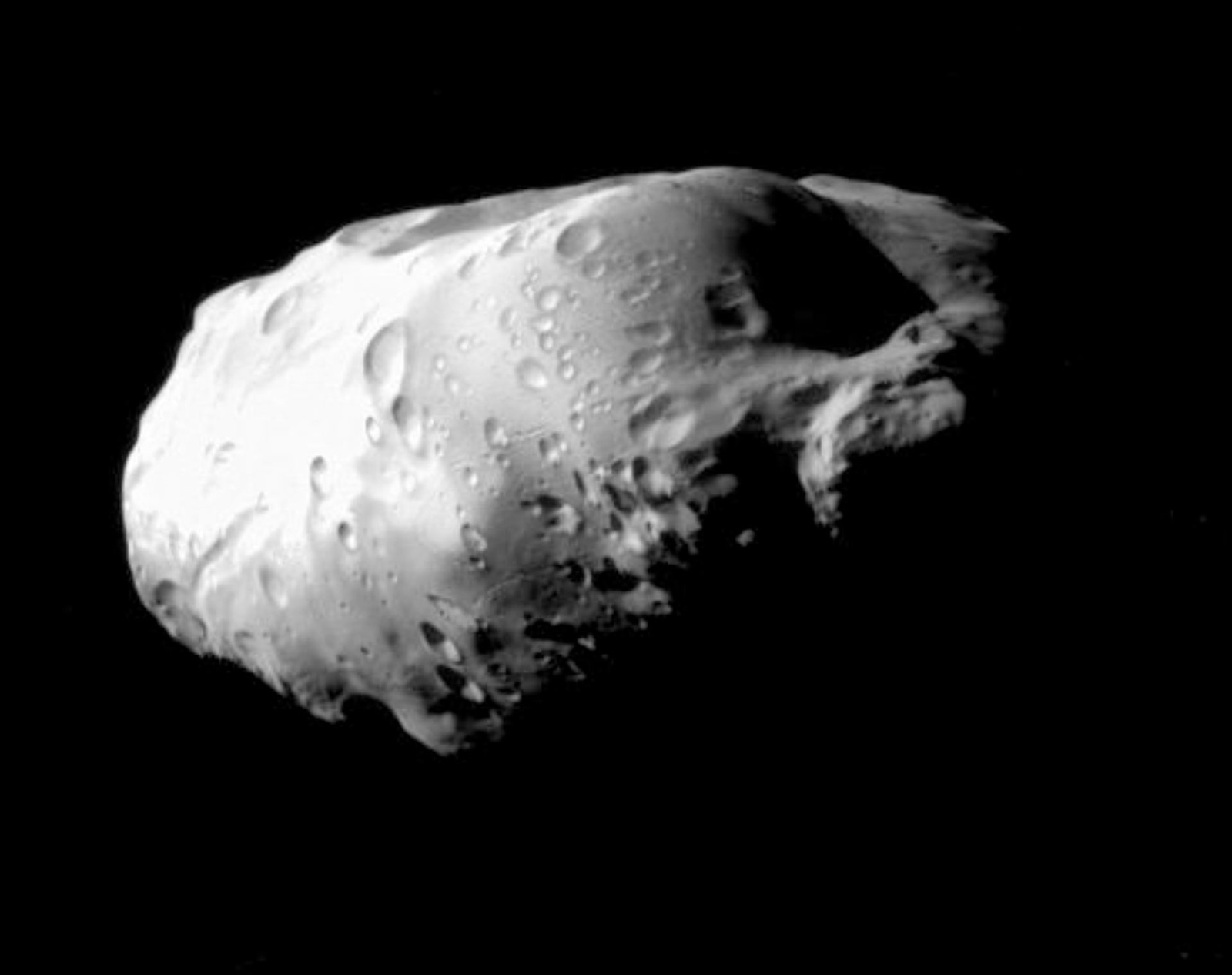
Prometheus
Epimetheus
Phoebe
Hyperion
I'm the seventh planet from the Sun and known for my unique sideways rotation. In Roman mythology, I'm named after the god of the sky. Who am I?
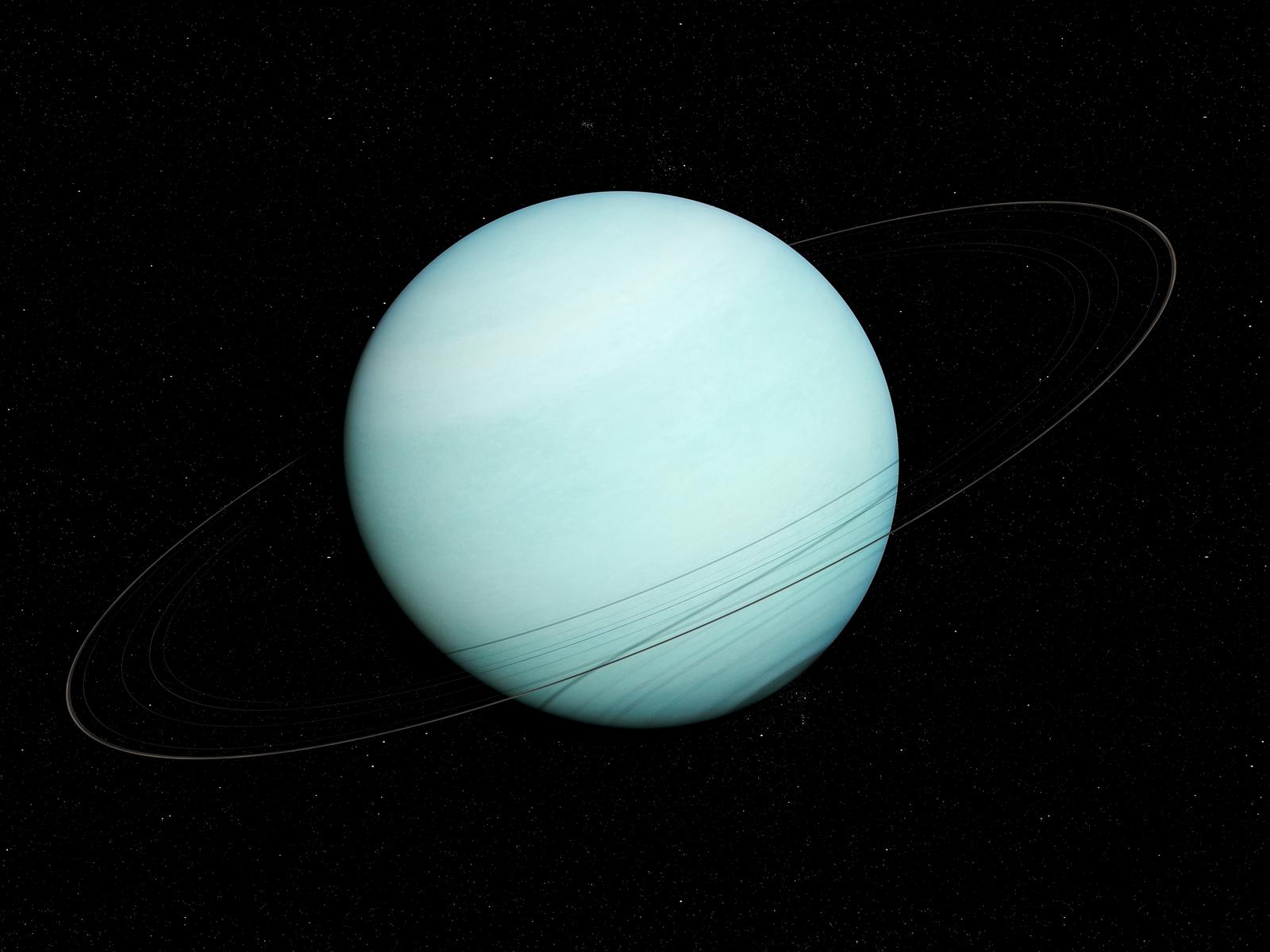
Saturn
Neptune
Jupiter
Uranus
I'm the largest moon in the solar system and share my name with a handsome Trojan prince in Greek mythology. I orbit a gas giant. What celestial object am I?
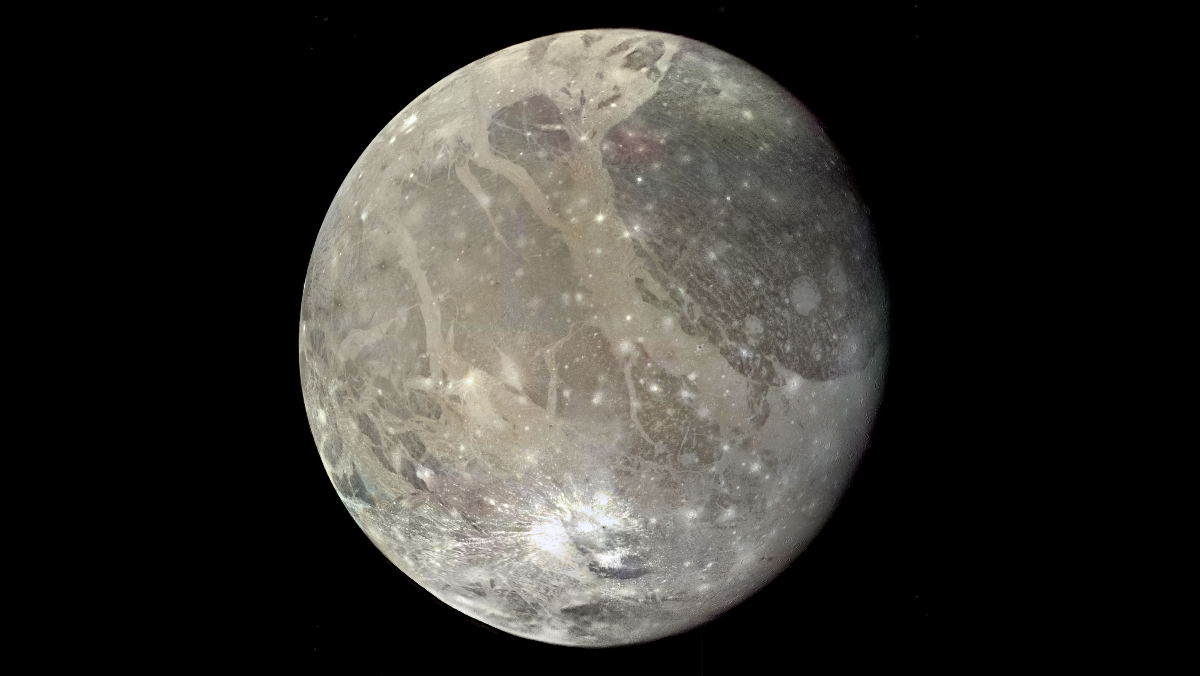
Titan
Io
Ganymede
Europa
I'm one of Jupiter's largest moons and named after a nymph from Greek mythology. My heavily cratered surface is a testament to the impacts I've endured. What's my name?
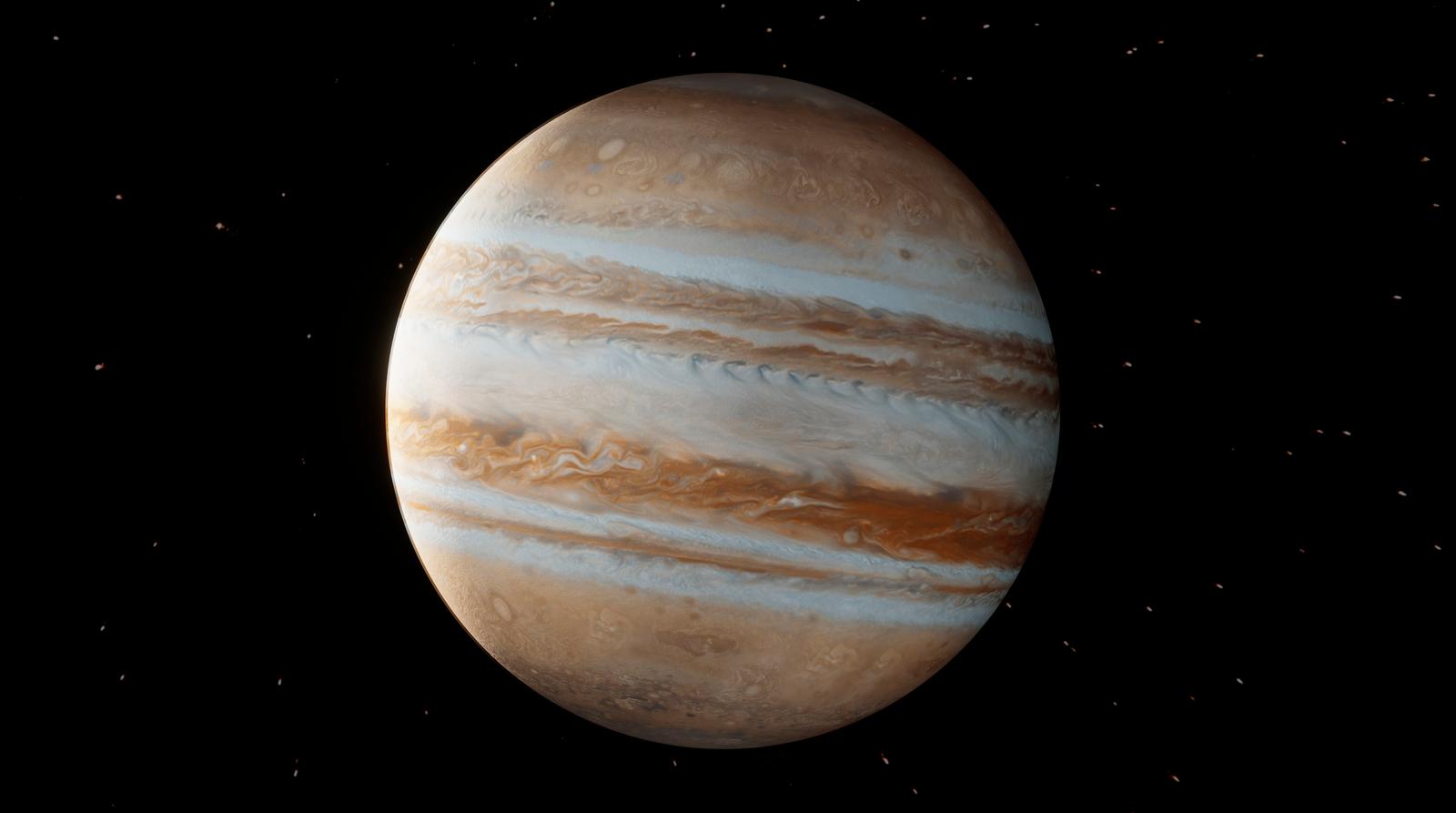
Titan
Europa
Io
Callisto
I'm a dwarf planet in the Kuiper Belt and was once considered the ninth planet in our solar system. My name is associated with the Greek god of the underworld. Who am I?
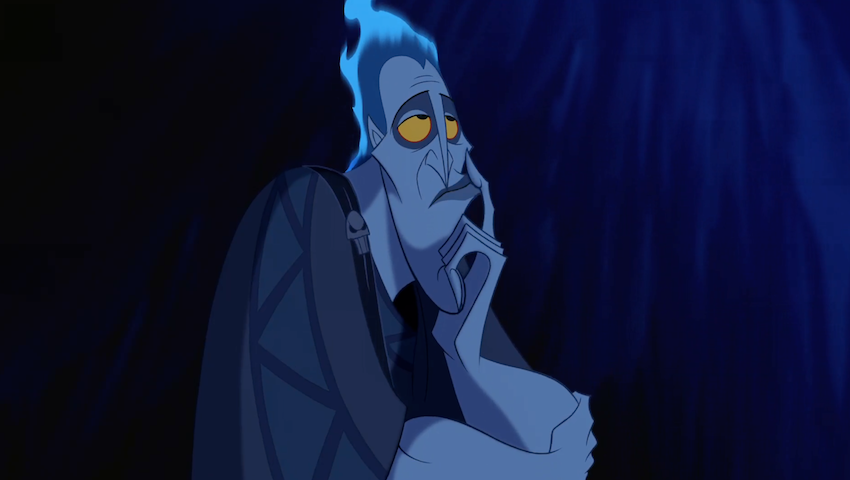
Eris
Pluto
Makemake
Haumea
Almost done! I'm a unique celestial object in the outer solar system, known as a centaur. My name comes from a wise centaur in Greek mythology. Who am I?
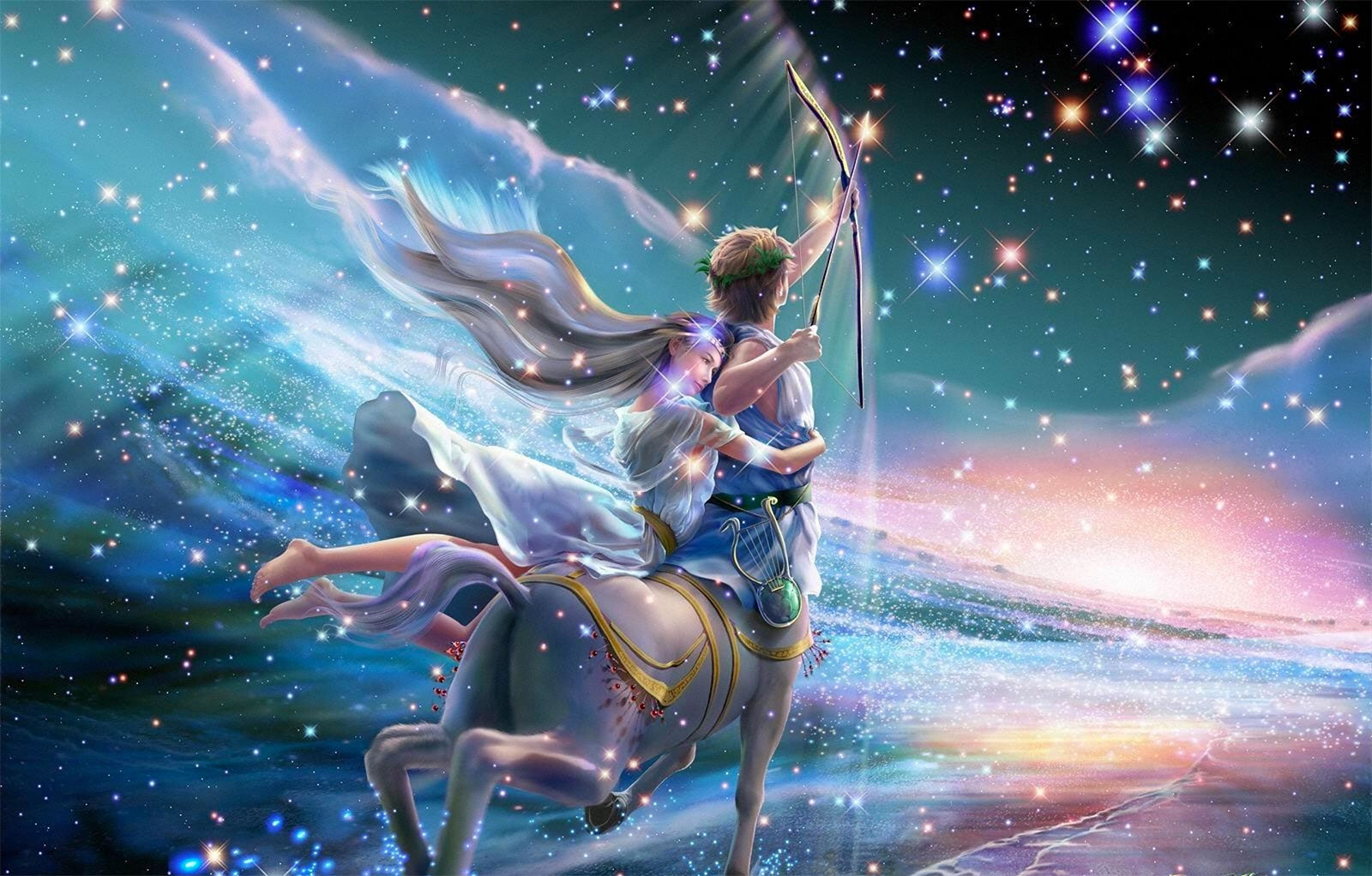
Pallas
Chiron
Ceres
Juno
You're almost done! I'm a galaxy named after a princess in Greek mythology, known for being chained to a rock as a sacrifice. What's my name?
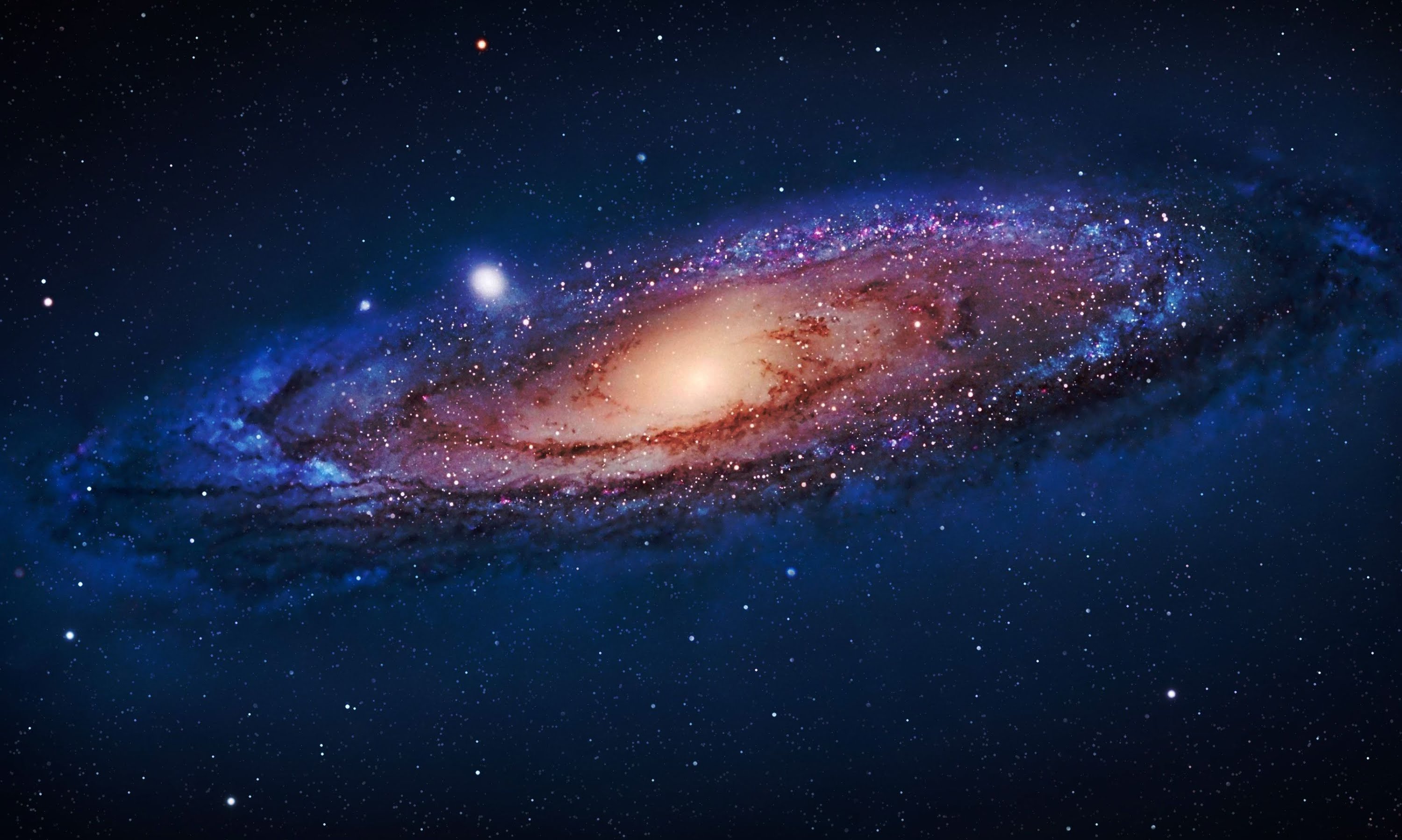
Lyra
Milky Way
Andromeda
Cassiopeia
And last but not least, i'm a constellation named after a boastful queen in Greek mythology, who claimed to be more beautiful than the sea nymphs. Who am I?
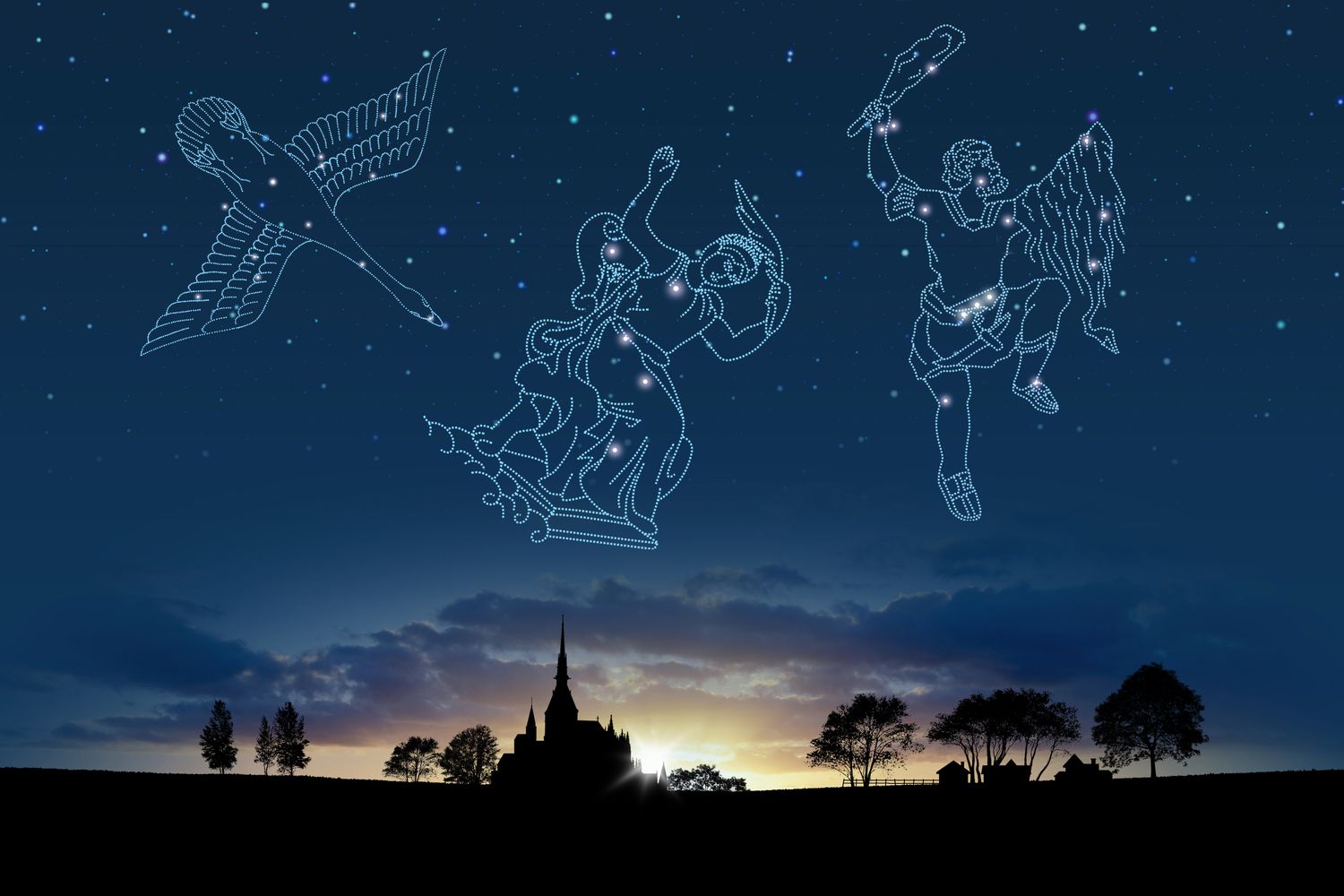
Aquila
Cassiopeia
Orion
Taurus

5 Comments
25/25 wonderful!!!
Space Savant
Callisto sounds like Calypso, the girl whos stuck on Ogyia foreva
Guy news flash these are ROMAN gods not greek, the names are not these, all planets are named after ROMAN gods
Roman & Greek Gods are the same and people just they call them different names also have different Personalities